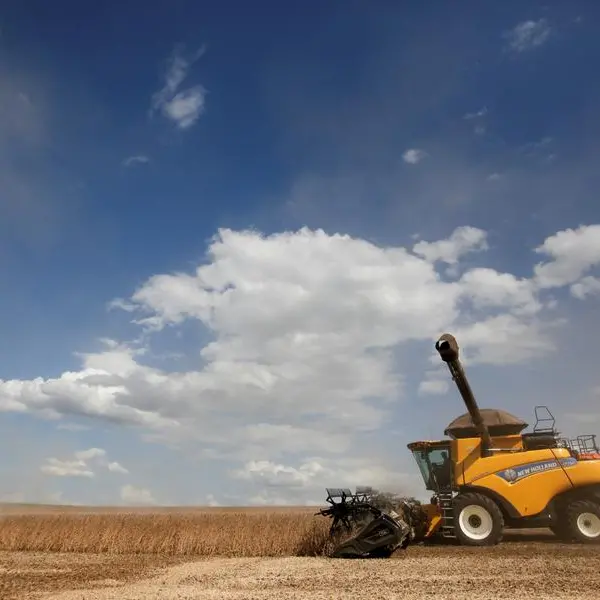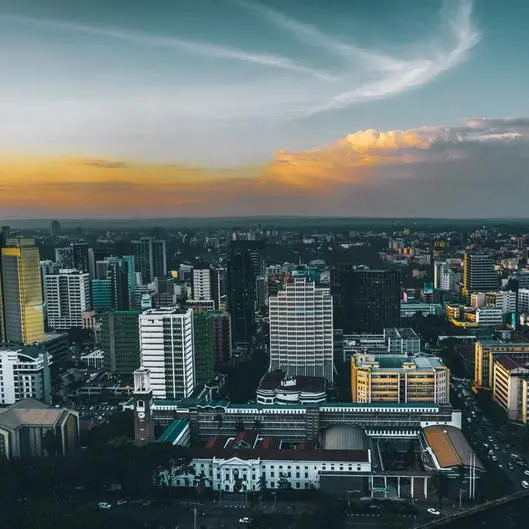AMMAN — School closures due to COVID-19 highlighted the digital divide within many countries around the world.
Jordan, which has welcomed many refugees from across the region has not been immune to the pandemic, and disruptions to education have resulted in learning losses in rural and impoverished regions, as well as refugee communities.
At the outset of the pandemic, local authorities faced the daunting task of implementing e-learning among communities that lacked access to computers, Internet connections and electricity.
Jordan’s Ministry of Education and the European Union partnered to bridge the digital divide and mitigate the impact of COVID-19 on vulnerable communities and refugees.
The EU provided laptops and Internet connections in remote areas to help students and teachers access e-learning, and utilised existing structures such as the UNICEF-run Makani centres to communicate key messages on COVID-19.
Through the Darsak education platform, they provided interactive homework support, as well as tips on managing stress and anxiety.
Corinne Andre, head of Cooperation at the EU delegation to Jordan, said that the partnership with Jordan since the outbreak of the pandemic helped the government provide educational access to vulnerable communities.
“It is important to reach the most vulnerable students, including Syrian refugees that are more at risk of learning loss and are most affected by the digital divide. Our objective is to contribute to reinforcing inclusion and equality in the education sector,” André said on the EU facilitated “Takatof” podcast.
The “Takatof” podcast is an EU facilitated project launched to highlight the impact of the Syrian crisis on Jordan and the role of donors and local authorities in dealing with the crisis since 2011. The episode “Education for everyone” tackles the collective response to COVID-19 in the education sector.
The government is providing vaccines to teachers, with the aim of returning to face-to-face education during the upcoming school year.
The EU has provided 8m euros in support for the Health Ministry's purchase of COVID-19 vaccines through the COVAX facility and the "Jordan Health Programme for Syrian Refugees and Vulnerable Jordanians", implemented by the WHO in response to the Syrian crisis, Madad.
Education Ministry Programme Officer Abeer Murar said on the podcast that “the Ministry is working on improving the platform of Darsak to allow interaction between students, parents and teachers and to allow parents access the progress of their children."
“The ministry established schools at Syrian refugee camps and provided evening classes for Syrian students. It also contracted teachers to provide quality education to all students regardless of their nationality,” she continued.
According to EU figures, up to 45,000 students have been supported since 2017 in the Syrian refugee camps of Zaatari, Azraq and Emirati through financial support that provides salaries for teachers and administrators, books, laboratories and other running costs.
Syrian refugee teacher Feda Meqdad said: “COVID-19 has had a great impact on education, and has become a big obstacle for us, especially in regard to Internet connection. It was either not available for everyone, or the connection was compromised.”
She said that Syrian and Jordanian staff have worked together closely to deliver high-standard education to students in refugee camps.
A recent World Bank Report highlighted that the risk of the pandemic on lost learning and inequality remains high. School-age children who currently live between local communities and refugee camps remain at a huge risk of being left behind.
Outbreaks such as the Ebola crisis have shown how school closures can lead to learning losses that disproportionately impact vulnerable groups. The crisis also highlighted the importance of effectively using distance learning tools.
“There is nothing like face-to-face education, but we are doing our best under these circumstances to deliver, this includes teachers and administration," Meqdad said.
© Copyright The Jordan Times. All rights reserved. Provided by SyndiGate Media Inc. (Syndigate.info).




















